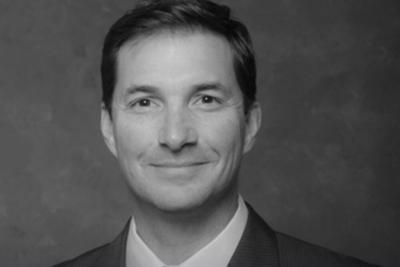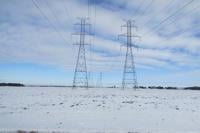
David Cresson is president of the Louisiana Chemical Association.
Louisiana community groups have filed a federal lawsuit challenging a 2024 law that they say bars them from using low-cost air-monitoring equipment to raise public concern about potential air-quality problems and to bring legal claims against polluters.
The lawsuit was filed May 22 in the Middle District of Louisiana on behalf of nonprofit groups such as RISE St. James, The Descendants Project and the Micah 6:8 Mission. The groups allege that the Louisiana Community Air Monitoring Reliability Act (CAMRA) will make their efforts to keep industrial pollution in check more difficult and potentially subject them to $32,500 in fines per day if they defy its provisions.
CAMRA supporters contend that the new law simply attempts to regulate how community groups use certain air-quality data to ensure that the public has access to accurate information. Under the law’s provisions, community air-monitoring programs that seek to allege violations of the Clean Air Act or state environmental laws must use air-testing equipment and monitoring methods approved by the federal Environmental Protection Agency.
The plaintiff groups, however, argue that federal regulatory-grade monitors cost nearly $800,000, plus up to $200,000 in annual operating and maintenance costs. The cost of a particle monitor required under the new Louisiana law is $58,691, compared to $289 that community groups typically spend on a monitor for particulate matter, according to Public Citizen, whose litigation group is helping to represent the plaintiffs.
“CAMRA even makes it unlawful – and punishable by civil penalties – for community groups to use the air-quality information that they have obtained to petition federal regulators and the courts for redress against polluters,” the lawsuit states.
The complaint goes on to argue that the law violates the First and 14th Amendments of the U.S. Constitution because it attempts to silence private speech and place restrictions on the right to petition the government. And the plaintiffs allege CAMRA is out of sync with federal law because Congress has earmarked funding to promote low-cost air monitoring in underserved communities.
But David Cresson, president and CEO of the Louisiana Chemical Association, disagrees that the new law bars community groups from collecting or sharing air-quality data.
“Community members are fully free to raise concerns, publish findings and engage with the public or agencies to promote awareness,” Cresson told the Louisiana Record in an email. “What this law clarifies is that if air-monitoring data is going to be used to trigger regulatory enforcement, penalties or as the sole source for a lawsuit, it must meet the same EPA-approved standards already required of industry and government agencies.”
He stressed that the process of air monitoring to protect public health is a precise science and that information used in formal legal or regulatory actions needs to follow standardized procedures.
“While air monitoring with equipment not certified for regulatory use can help raise awareness and identify potential concerns, regulatory and legal decisions must be grounded in scientifically validated methods that meet established EPA standards,” Cresson said.
The established standards used in air monitoring ensure consistency and accuracy and accurate outcomes, he said.
“The goal of this law is not to silence community voices, but to ensure that regulatory action is based on high-quality, validated science,” Cresson said.
But plaintiff Micah 6:8 Mission, which purchased an air monitor using an EPA grant, now fears sharing this data on Facebook due to the threat of CAMRA penalties, according to Public Citizen. The group’s monitor in the city of Sulphur found that people are breathing unhealthy levels of particulate matter on more than two-thirds of the days the equipment was operating, Public Citizen reported.






